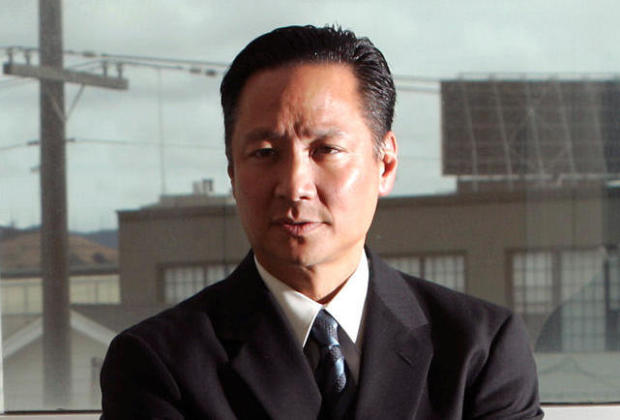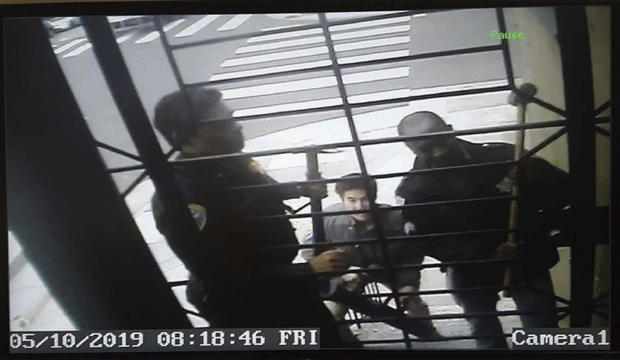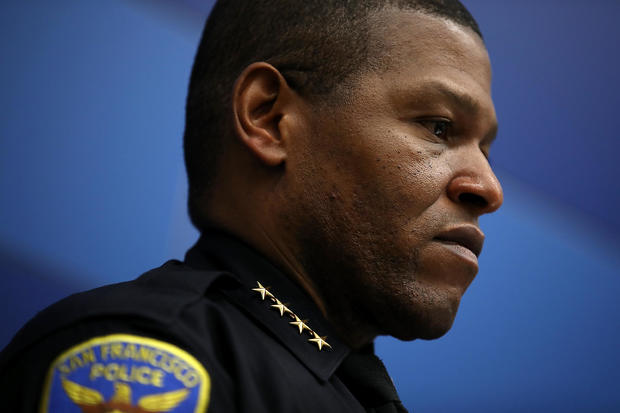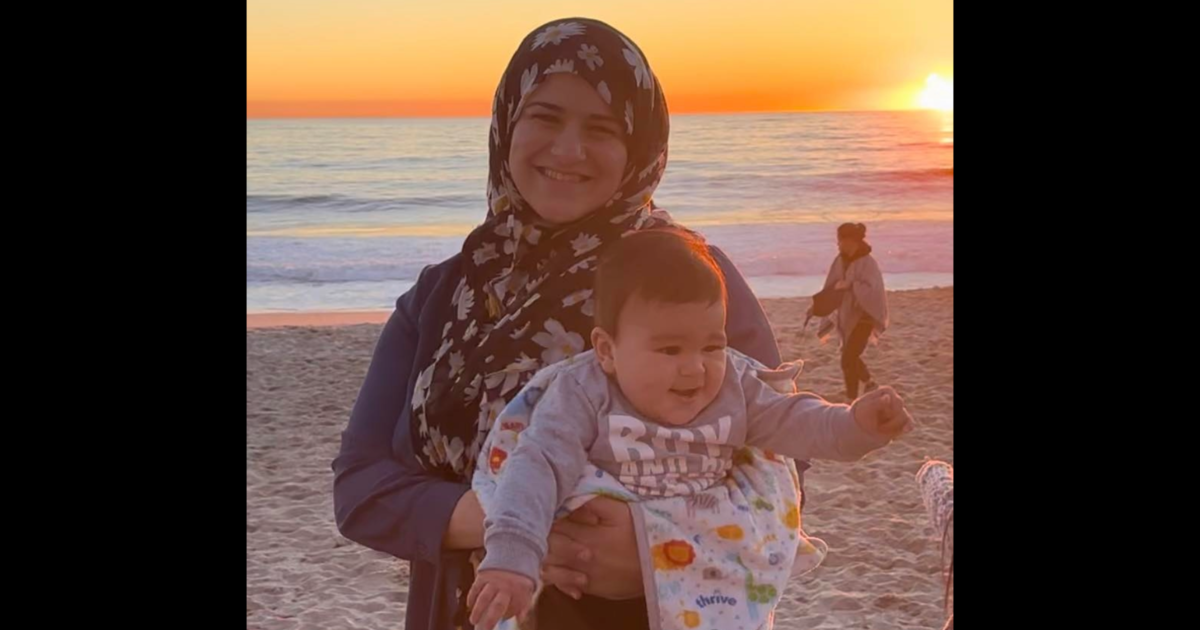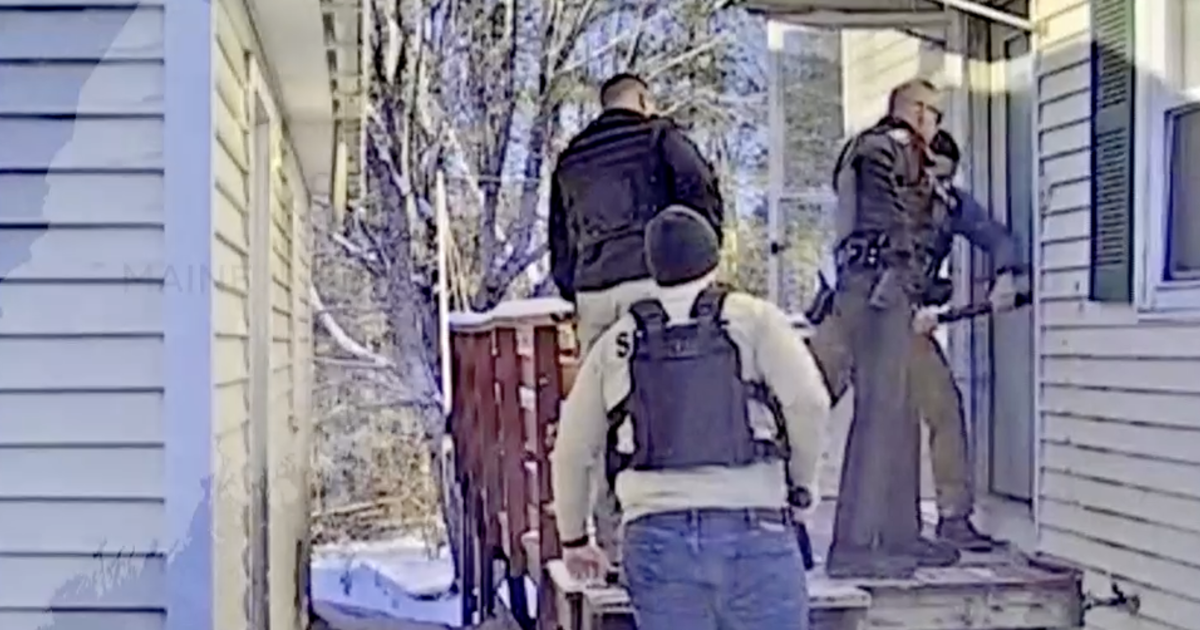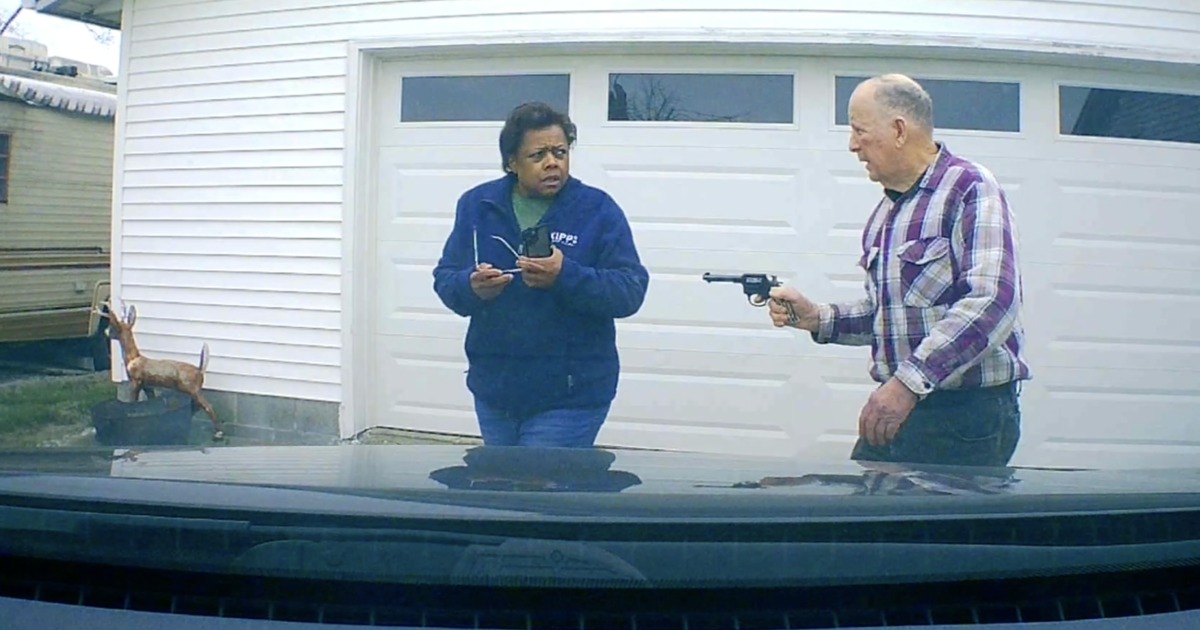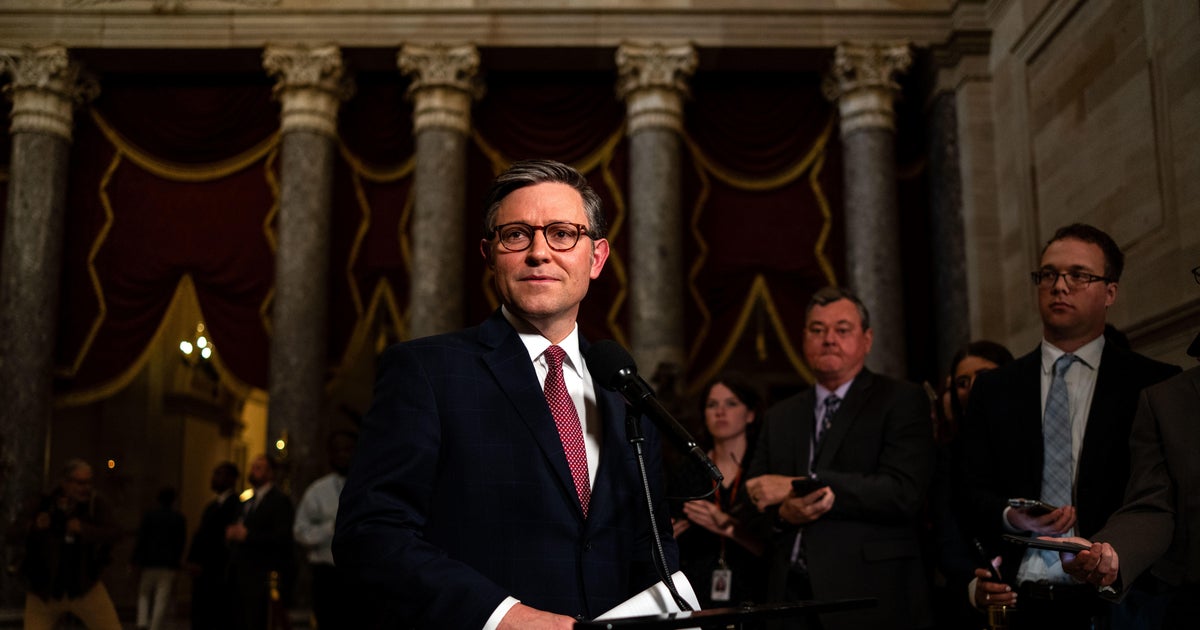San Francisco Police to return documents seized from home of journalist Bryan Carmody
San Francisco — A San Francisco journalist whose equipment was seized in a police raid will get back his property, a police attorney said Tuesday at a court hearing, but that did not resolve larger issues surrounding the conduct of officers that alarmed journalism advocates.
Authorities have said the May 10 raids of the home and office of freelancer Bryan Carmody were part of a criminal investigation into what police called the illegal release of a report on the death of former Public Defender Jeff Adachi, who died suddenly in February. But media organizations across the country have criticized the raids as a violation of California's shield law, which specifically protects journalists from search warrants.
Dozens of news organizations, including The Associated Press, are siding with Carmody and seeking to submit a friend-of-the-court brief.
A statement issued Sunday by the Northern California chapter of the Society of Professional Journalists "condemns the recent raid by law enforcement of freelance journalist Bryan Carmody," CBS San Francisco reported.
City supervisors scolded police for quietly releasing the report to the press, saying it was an attempt to smear the legacy of Adachi, who frequently sparred with police. An autopsy blamed Adachi's February 22 death on a mixture of cocaine and alcohol that compromised an already bad heart.
"People who want to crack down on journalists come in all political stripes," said Jim Wheaton, founder of the First Amendment Project, a public interest law firm. It did not surprise him that police raided a freelancer in politically liberal San Francisco.
"They went after him because he's all by himself," Wheaton said. "And the fact that he sells the materials that he packages. He puts together a journalism report including documents and sells it. That's what journalism is."
San Francisco police have defended the May 10 raids in which they seized computers, cellphones and cameras. Police attorney Ronnie Wagner declined to answer further questions Tuesday as reporters followed her down a courthouse staircase.
Officials have said the raids were "conducted as part of a criminal investigation into the illegal release of" a preliminary report into the death of former Public Defender Jeff Adachi. The raids were authorized by search warrants signed by two judges.
Last week, the San Francisco police chief defended his department's decision to raid a freelance journalist's home and office looking for information about leaked police reports. Chief William Scott said he was confident the search warrant issued to look around Bryan Carmody's property was legal and in compliance with the Shield Law, which protects journalists from revealing sources to law enforcement agencies.
Mayor London Breed initially defended the raids but on Sunday posted messages on Twitter saying she was "not okay" with raids on reporters. District Attorney George Gascon said he has not seen the warrants, which are sealed, but he could not imagine a situation where warrants would be appropriate.
"Seizing the entire haystack to find the needle risks violating the confidences Mr. Carmody owes to all his sources, not just the person who leaked the police report," he said in a Monday tweet.
The city attorney's office did not send an attorney, and spokesman John Cote said the office is "not appearing in court on that matter." San Francisco Superior Court Judge Samuel Feng set dates to hear requests by media organizations to unseal affidavits and revoke search warrants signed by judges.
The First Amendment Coalition wants the judge to unseal the police department's applications for two search warrants, which would show whether officers informed judges that Carmody is a journalist.
In court documents, Carmody has said he is a veteran journalist who is often the first on the scene of breaking news. He provides video news packages to outlets in return for payment.
Carmody sold copies of the Adachi police report along with video footage from the scene of his death and information obtained from interviews to three news stations. Fellow journalists and friends of Carmody have launched a GoFundMe page, hoping to raise enough money for the journalist to replace items police confiscated in the raid.
It was unclear who is paying Carmody's legal fees. His attorney, Thomas Burke, declined to comment.
